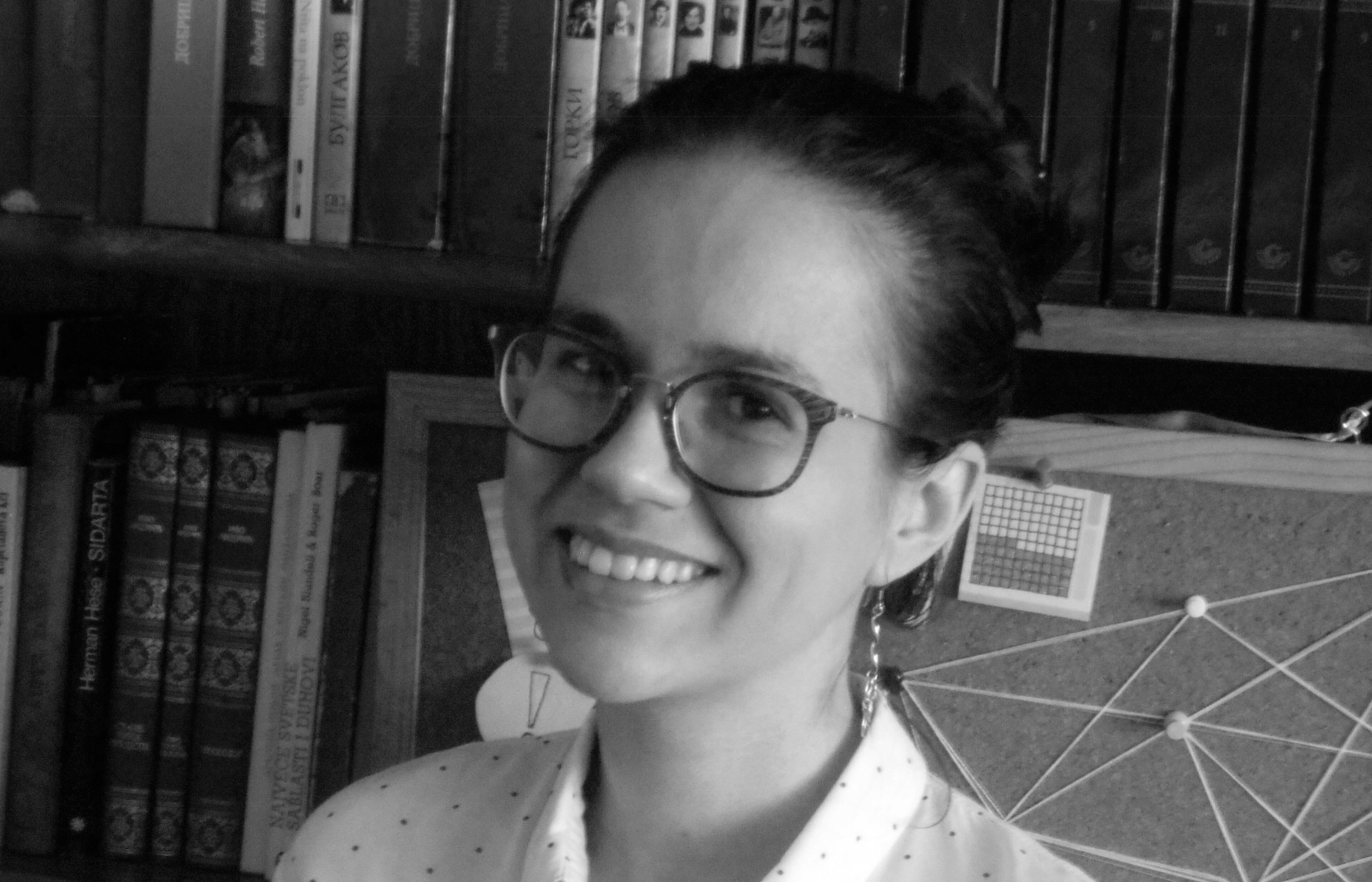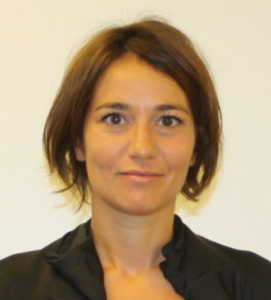The 2019 jSchool
 Following the success of the 2018 jSchool, the 2019 jSchool retuned to the Certosa di Pontignano in Siena, Italy from the 30th June to the 6th July. Students had the chance to kick-off their group research studies, supported by their Research Supervisors, Guest Lecturers, and JRP Team Members, as well as enjoying sunny Tuscany.
Following the success of the 2018 jSchool, the 2019 jSchool retuned to the Certosa di Pontignano in Siena, Italy from the 30th June to the 6th July. Students had the chance to kick-off their group research studies, supported by their Research Supervisors, Guest Lecturers, and JRP Team Members, as well as enjoying sunny Tuscany.
Theme
The theme of this jSchool was Behavioural Economics: The psychology of financial choice. This was carefully selected to allow jSchool participants to work on current psychological challenges and opportunities within a growing area, permitting them to apply their skills to a diverse range of academic fields. Projects varied across multiple domains of knowledge, methods, applications, and public interest.
Projects
The following projects were started in the 2019 jSchool, and were be presented at the 2020 JRPC. Further information on the projects can be found here.
 Social norms for public health: How communicating herd behaviour influences vaccination rates in Europe
Social norms for public health: How communicating herd behaviour influences vaccination rates in Europe
Vaccine hesitancy will be among the top ten threats to global health in 2019, according to the World Health Organization. It is therefore urgent to design effective and contextually relevant communication campaigns to promote vaccination uptake. Studying populations in several European countries, we will use social norm frameworks to test if vaccination preferences regress toward local standards as they are communicated in media, whether low or high. As we expect variability across different populations and settings, we will also consider various interactions, such as culture (individualism-collectivism) and other established influences on vaccination decisions (defaults, active choices, commitment contracts).
 Contextual influences on risk preferences
Contextual influences on risk preferences
One of the most robust findings in human decision-making research is that people tend to be more risk-seeking in the context of avoiding losses than they are when maximising gains. Recent research suggests that risk preferences for gains and losses are completely dissociated, so you don’t learn anything about a person’s risk preferences for losses by observing how they behave with gains, and vice-versa. Work from my lab expanded this finding as we discovered interventions could have a positive effect on risk preference for gains, but no effect for losses, and vice-versa. For example, providing more information had the greatest impact on avoiding losses, but teaching someone how to reason about risk and probability best helped them maximise gains. The current project will build on this work by looking at how a different set of interventions influence risk-taking for gains and losses, and whether there are any cross-cultural differences in these effects.
 News that nudges: How media and personality impact behaviour
News that nudges: How media and personality impact behaviour
In an age of rapid access to real-time information, media multi-tasking (engaging in two or more types of media simultaneously, e.g. using the Internet on a computer and watching television) has immediate and tangible impacts on the way individuals and populations make decisions. In this project, we will collate case studies of how news is reported in several countries (different cultural context) on various media platforms. This information will then be used to assess how these styles essentially become behavioral interventions, thereby impacting decision-making in a series of tasks. To identify relevant moderators between multiple media tasks and financial choices, we will also include measures of personality and cognitive performance. This project builds on an existing collaboration, which has already identified clear links between social media and well-being.
 Organisational decision-making: How do strategic orientations influence adaptation and rational choice?
Organisational decision-making: How do strategic orientations influence adaptation and rational choice?
Decision-making cannot always be simply categorised as rational or irrational, particularly when it comes to organisational behaviour. For example, strategic decisions are rarely standardised choices that present outcomes with clearly defined utility, costs, and risks, or even a way to assess the level of uncertainty in each option. Furthermore, organisations may also need to orient strategy toward external adaptation, internal integration, towards consumers, technologies, and entrepreneurial opportunities, which may have varying levels of certainty at the moment decisions must be made. In this study, we will aim to see how decision-making may be related to those strategic orientations, and how those will shift how strategic aspects and rationality are understood. We will then consider how these approaches influence economic growth and performance by focusing on software companies, based on the nature of decision-making in this sector in light of available evidence and advances in technology.
 Bullshit Receptivity and Susceptibility to Framing across Domains and Cultures
Bullshit Receptivity and Susceptibility to Framing across Domains and Cultures
The framing effect, whereby different presentations of the same problem lead to predictably different choices, has been identified as a potentially powerful tool to nudge people towards better choices. But are all people equally susceptible to framing? This project will test whether the tendency to passively accept the presented frame, across several topics relevant to everyday life, is related to the uncritical reception of novel information. The latter will be measured by the Pseudoprofound Bullshit Receptivity Scale (Pennycook et al., 2015)—a set of randomly generated statements having a seemingly deep meaning. Further exploring cross-cultural variations in framing, bullshit receptivity, and their relationship can ultimately help policymakers direct nudges to individuals and groups that would benefit the most from them.
 Who is satisfied with effort? The role of inter-individual differences in valuing choice outcomes
Who is satisfied with effort? The role of inter-individual differences in valuing choice outcomes
Before choosing to pursue a rewarding action, we make estimates about the effort required to receive a given payoff. If the effort is too high, we are less motivated to pursue this action and might even dismiss the value of the reward. This is known as effort discounting and is an important factor in decision-making. This may also appear with different levels of satisfaction with the reward after already exerting the effort to obtain it. In the current project we will investigate how individual differences affect reward valuation before and after exerting the effort. This project will build on findings that clearly demonstrate how satisfaction differs between individuals, and what impacts this has on behaviour and decision-making.
.
Guest Speakers

Francesca Papa is a Behavioural Insights Consultant for the Organisation for Economic Cooperation and Development (OECD) in Paris. Francesca received her Master in Behavioural and Decision Sciences from the University of Pennsylvania and won the 2018 Brenno Galli Award as Most Promising Young Scholar in Law and Economics. Previously, she completed her bachelor studies in Philosophy, Politics and Economics (PPE) between LUISS, Stanford, and Sciences Po Paris. She has also worked for the European Commission.
In her current position at OECD, Francesca’s research is primarily centred on the applications of behavioural economics to organisational management and change, public policy, and regulation. This includes the publications “Delivering Better Policies Through Behavioural Insights” and “Tools and Ethics for Applied Behavioural Insights: The BASIC Toolkit”. Francesca is also passionate about social norms and her previous projects at the University of Pennsylvania explored the intersection of social norms incentives and behavioural ethics.
During her talk at the jSchool ‘Five applications of behavioural economics‘, Francesca presented her views on how and when insights can be applied to public policy, drawing from four experimental applications of behavioural economics developed by the OECD in collaboration with national entities around the world. The topics will range from antitrust and competition law to environmental behaviour, safety culture, and consumer protection. In addition, Francesca decribed recent findings from a large scale experiment on behavioural ethics, social norms and norm evasion by her research team at the University of Pennsylvania.

Dr Enrico Rubaltelli is currently affiliated to the Center for the Study of Bank and Finance and the Society for Judgment and Decision-Making. Additionally, he is part of the Judgment and Decision Making Laboratory and a member of the Centre of Research on Banking and Finance at the University of Modena and Reggio Emilia.
During his lecture at the 2019 jSchool, Dr Rubaltelli shared his research on financial decision-making, and how it spans multiple diverse contexts, from investments to competition and cooperation. General theoretical frameworks on how emotions impact decision-making were discussed, as well as a series of findings characterised by a wide range of laboratory methodologies (eye-tracking, questionnaires, and field studies).

Dr Caterina Suitner joined us for the 2019 jSchool after her insightful lecture at the 2018 jSchool. As a Social Psychology Assistant Professor at the University of Padova, she is specialised in multiple Psychology fields, ranging from social influence, to pervasive and informative communication, and social cognition.
During her stay at the 2019 jSchool, Dr Suitner acted as the official Scientific Chair of the jSchool’s Open Conference. She also gave a talk on her recent research concerning ‘Meritocracy and its relation to economic justification’, discussing the Save the Richest Effect (SRE) within the theoretical framework of economic system justification.
.
.
.
.
Venue

The Certosa di Pontignano is a 14th Century mansion in the very heart of the Chianti countryside. The site, also denominated as the Pearl of the Sienese Chianti, brings together nature, history, and hospitality, whilst incorporating perfect spaces for study groups, needed for the students to lay the grounding blocks for their team projects, and to form strong friendship and collaborative bonds.
The location offers multiple green spaces, ideal for social events and moments of relaxation. Its natural silence, and its proximity to Italy’s capital cultural cities, Siena and Florence, give the summer school participants the chance to both enjoy a stroll through the Chianti vineyards, and appreciate the frenetic Italian city life.